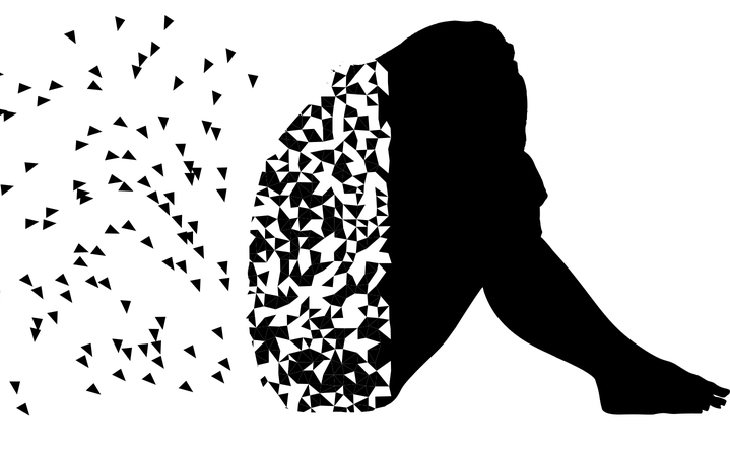We rarely talk about mental health and accord it the seriousness that it deserves. It is easy for people to notice certain changes in people but rarely do they get to notice when one is going through a mental breakdown.
Cases of mental illness have been on the rise in Kenya. A day does not pass without news flushing both online and offline of someone having committed suicide, of someone having killed someone, someone losing a lucrative job because of drug and substance abuse, someone “in good health” stripping naked and vanishing from their homes, among others.
The truth is that mental health includes our emotional, psychological, and social well-being. Mental health is who we are. It affects how we think, feel, and act. It helps determine how we handle stress, relate to others, and make healthy choices.
Mental health is important at every stage of life, from childhood and adolescence through adulthood. Mental health and soundness are the definitions of how “human” we are and it largely shapes our destiny.
There is a need to realize that mental and physical health are equally important components of overall health. For example, depression increases the risk for many types of physical health problems, particularly long-lasting conditions such as diabetes, heart disease, and stroke. At the same time, the presence of chronic conditions can increase the risk for mental illness.
When it comes to the teaching profession, mental health has everything to do with their well-being and how they will determine the future of so many lives. Teachers are the only human being who turn boys into real men and girls into real women in terms of thinking, reasoning, and taking care of themselves and those around them.
If there are people, who cannot afford to have any mental issues, are teachers. Teachers are always in contact with our children, both at the primary and secondary levels. They are expected to guide our children to have a better future. They are the engineers and the compass that guides present and future generations socially, economically, and politically.
Some of the triggers of mental illness among our teachers may include too much work, especially when the teacher has a class of many learners to handle. Imagine a teacher expected to teach, issue assignments, and manually mark every book/script of more than 100 learners. Stressing, right?
According to the Teachers Service Commission (TSC), employee wellbeing is a critical factor in the success of any organization. Maintaining a healthy and motivated workforce in a safe work environment is a key challenge that the Commission must overcome in order to realize its constitutional mandate and enhance service delivery.
It is on this premise that Minet introduced its toll-free counseling services, especially with the rise of the COVID-19 pandemic. Since 2019 (Current scheme period 2019-2022) to date in total, we have attended 268 cases through the Employee Assistance Program. The top Cases are Stress & Anxiety, Loss and grief, Marital Issues, CDM, Mental Health issues, Financial issues, and Child Therapy
Did you know that help is a phone call away? As a TSC member, you and your dependents qualify for free counseling services by reaching out to us through a toll-free Helpline on 0800720029.

